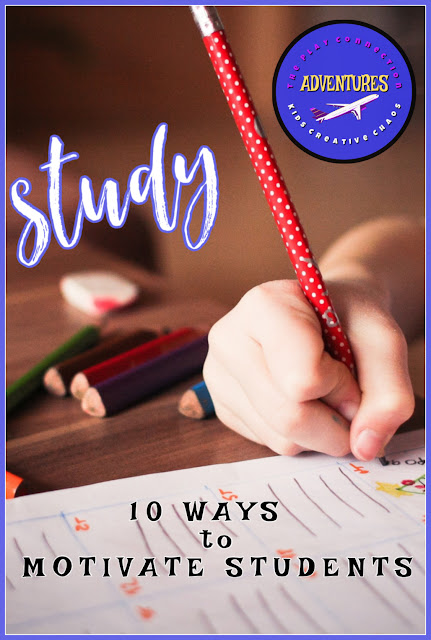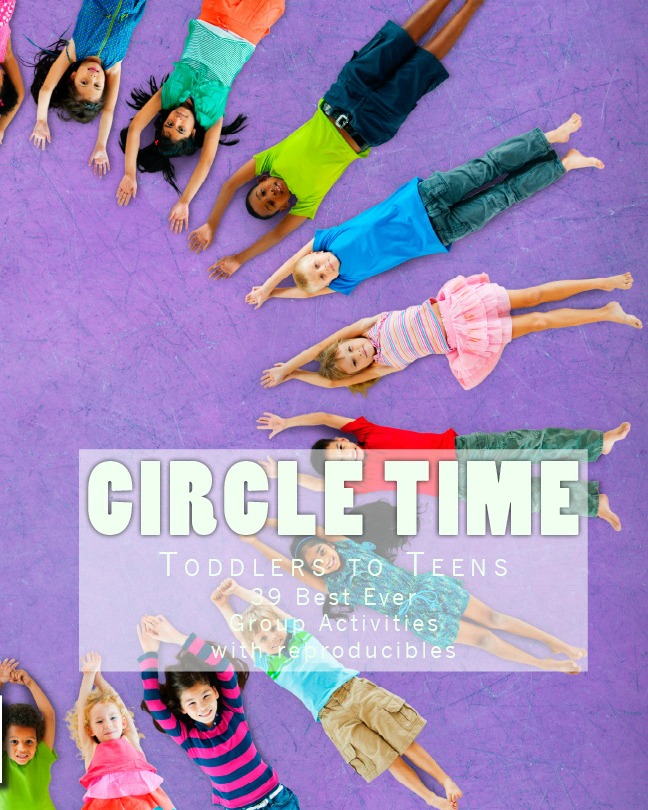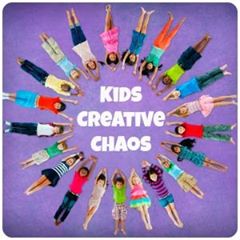10 Ways to Motivate Students to Study and Learn
Students who are inattentive or put little effort into their school work are unlikely to benefit from better instruction or school curriculum. So, how can teachers help students become motivated? From putting students in control to offering rewards, motivation can be both encouraged and provided. Here’s an in-depth look at ten ways to motivate students to study and learn more effectively.
This post contains Amazon affiliate links.
An in-depth look at ten ways to motivate you students
1. Put Students in Control of Their Learning Experience
Education makes some kids feel like they’re being controlled. When a student feels that lack of control, they generally withdrawal from learning. It’s important that students are given control over their learning experience.
A good way to do this is to give students options. For example, when assigning math questions, allow students to complete either the evens or the odds. That way, they can choose which one they want to complete.
Students that are given more control and can have direct input in respect to their learning experiences, activities, and environment, become more engaged and even want to learn.
2. Develop an Atmosphere for Reading
It’s known that students who develop a love for reading also love learning. The two are interconnected. Reading, not only helps students develop a wide vocabulary, but it allows their brains to learn how to process formal communication.
Enrich your classroom by providing students with a variety of quality outside information. You can find reading materials from sources like the New York Times, Forbes, or Science stage.
You can also assign students a book report related to one of your key objectives. That way, students can learn more about an essential topic from an expert in a field.
3. Focus on Student Interests
To engage students, focus on topics that they find interesting. Not every objective is interesting to every student, however, you can relate lessons to current trends to reach more students. For example, when coming up with a math question, you can ask students about the latest internet challenge. For the ice bucket challenge, you might pose a question regarding the volume of the bucket.
4. Make Learning Entertaining Through Game-Based Learning
Game-based learning has been around for a long time. In fact, game-based learning has many beneficial qualities. It not only provides opportunities for extensive learning and development of non-cognitive abilities, but it helps students want to play the game which, in turn, teaches them a new skill or some other aspect of your lesson plans.
When a child is actively playing a game, their mind experiences the joy of learning something new. This is true whether the game is considered entertainment, like a video game or it has a more serious tone like a military simulator. Games that are entertaining have an added benefit of being engaging, thus motivating students to learn more.
Game-based learning is a successful motivation tool for team-based learning. Since students generally become more competitive in order to win, they may perform better in the learning portions of the game to earn more points.
Game-based learning is a perfect way for teachers to introduce new concepts or ideas into the classroom. Start with a fun game like classroom jeopardy, or allow students to visit an interactive website and compete online with other students at their grade level.
5. Encourage Communication
Students should feel encouraged to express their opinions about what’s going on with their education. They should feel comfortable to express their likes or dislikes. Often, when students feel like they can’t speak up, they withdrawal from the learning process.
It’s best to create an open atmosphere where all students know that their opinion matters. Students should know they won’t be judged, ignored, put down, or discouraged. Instead, students should know you're paying attention and listening to their concerns. That way, students will communicate better if any issue arises.
6. Allow Students to Learn Outside of the Classroom
While book work is important, students sometimes become frustrated at the amount of book work that is required. It’s essential to provide students with fun activities that they can do outside of the classroom.
Provide students with a list of educational activities they can complete outside of the classroom with friends or family. Activities like baking and shopping allow students to relate what they've learned in school to the real world. Homeschoolers can include these activities in their daily instruction. Measuring and finance are great future skills. Kids find these real world ways of learning math more enjoyable. Math makes more sense when we see the applications as useful.
7. Set Attainable Goals
It’s important that you set attainable goals for all students. Most students like to feel challenged. Stimulating students helps them to want to set and achieve goals. When they find the expectations attainable, they're more likely to strive to reach the goal.
8. Use Positive Competition
Competition isn’t always a bad thing, sometimes it motivates students to work harder to achieve a 100% score. One of the best ways to use positive competition is to allow students to take part in a friendly math competition. That way, students get to work together to show off their knowledge and help others that might not understand higher math concepts. Teachers can add math concepts that are relevant to their lesson plans.
9. Track Students Progress
It's sometimes difficult for students to understand just how far they’ve come in a particular subject, especially when they find the subject hard to comprehend. Tracking a student’s progress, motivates students, allowing them to visualize how much they've achieved as the year progresses. This is especially important for homeschool learners. Keep track of their progress with programs like, MobyMax, which tracks progression by finding and fixing gaps in learning through relevant grade level, online lessons.
10. Offer Rewards
Rewards are an excellent source of motivation. Everyone likes to earn rewards. Students will study hard and aim for success in hopes of winning the top prize. Rewards can be large or small, depending on the grade level of the class or age of the students. Older students may not find a lollipop reward very motivating.
For example, choose rewards like a pizza party, ice cream party, or even a donut party or extra credit points for older students. With younger students, simple rewards like a piece of candy, a sticker, or a small toy will provide motivation.
Have you tried any of these ways to motivate students to study and learn more efficiently?
Student motivation is essential in every stage of education. Focus on student interests, encourage communication, track a student’s progress and offer rewards at every stage. Since every student is motivated differently, make sure to customize your motivation strategies for individual students.
Check out the recommended reading below for additional ways to motivate students to learn and study.
Recommended:
Futuristic Architecture for Kids
Simple Math Games
Lessons for Homeschoolers





















